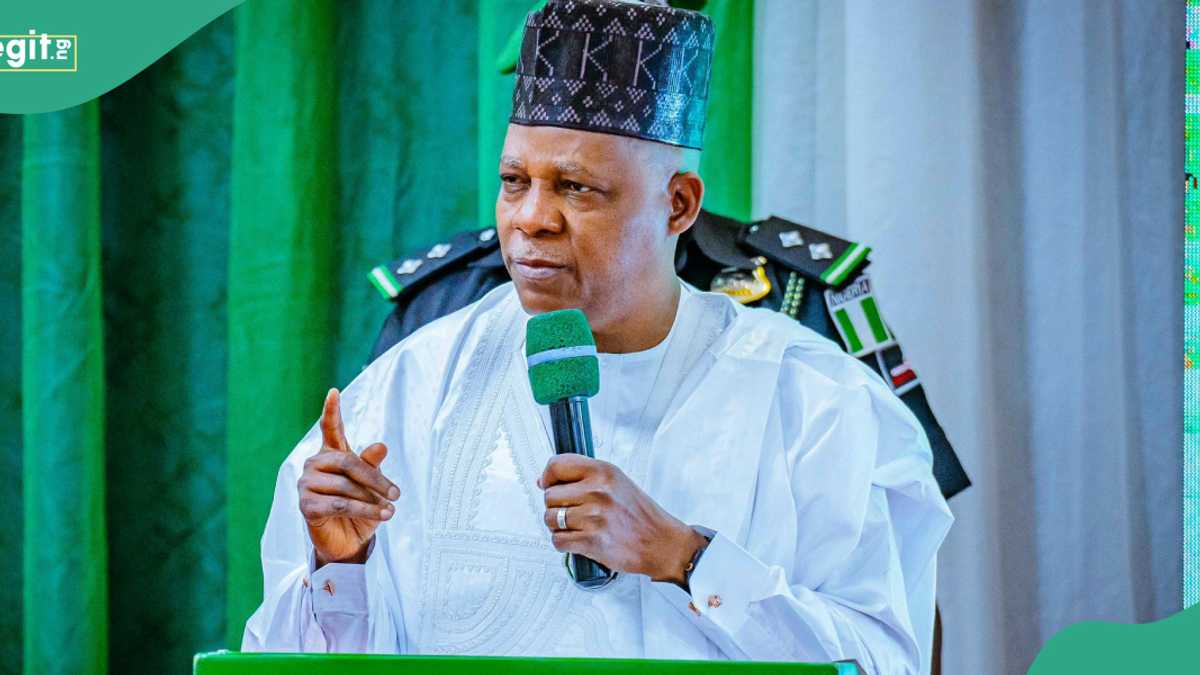

FCT, Abuja – Vice President Kashim Shettima has highlighted a growing trend of reverse medical tourism, revealing that 13 patients from the United States recently travelled to Nigeria for kidney transplants.
He noted that this development was due to the country’s affordability and high-quality medical expertise.
Shettima made the revelation on Thursday, February 6, at the Presidential Villa while receiving members of the Nigerian Association of Nephrology (NAN) ahead of their 37th Scientific Conference.
He emphasized the need for sustained investment in specialized medical education to enhance Nigeria’s healthcare system.
High-Quality Care at Lower Cost
Speaking on the recent medical influx, the Vice President noted that Nigeria is becoming a preferred destination for kidney transplants, citing the expertise available at local medical institutions.
“There is reverse medical tourism these days, fundamentally because of the level of care at some of our hospitals,” Shettima said. “Recently, thirteen patients from the United States came to Nigeria for kidney transplants at Zenith Medical and Kidney Centre because it is much cheaper here, and they receive the same level of expertise available anywhere in the world.”
Financial Burden on Patients
Despite the success stories, Shettima acknowledged the financial challenges associated with kidney transplants, stressing that post-surgery care remains a significant burden for many patients.
“While getting a kidney transplant is a significant challenge, life after a transplant presents even more difficulties. Many patients struggle with the cost of post-transplant care, including immunosuppressants, which are essential to maintaining their health,” he noted.
Strengthening Nigeria’s Healthcare Workforce
Shettima also recounted his administration’s past healthcare initiatives, particularly during his tenure as Governor of Borno State. He highlighted ongoing free maternal care programs and efforts to boost medical education.
“At a hospital in my neighborhood, we provide a bag of rice and beans to every new mother. They record about 30 births daily, more than even the University of Maiduguri Teaching Hospital (UMTH). Over 4,000 deliveries have been recorded in less than eight months, with all medical expenses covered, including caesarean sections,” he stated.
The Vice President further emphasized the need to invest in medical education, revealing an initiative he spearheaded in Borno State.
“When I was in Borno, we took 60 female students to study medicine in Sudan. About 58 of them completed their education and passed the Medical and Dental Council of Nigeria (MDCN) licensing exams. Most of them are now in their medical residency programs. The beauty of training women in medicine is that they are more likely to stay back and serve their communities.”
Call for Investment in Specialized Medical Education
Shettima’s remarks underscored the importance of strengthening Nigeria’s healthcare system to sustain its growing reputation as a medical tourism hub. He urged continued investments in medical education, infrastructure, and post-transplant care to build on the nation’s successes in specialized treatment areas.
With Nigeria attracting international patients seeking cost-effective yet high-quality healthcare, stakeholders believe further development in the sector could position the country as a major destination for medical tourism in Africa and beyond.
.png)









 English (US)
English (US)